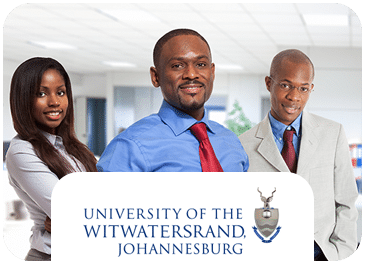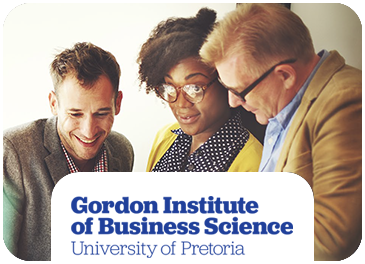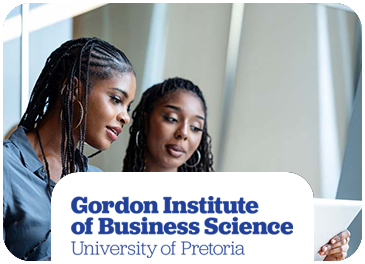

Members of many professional accounting bodies are required to adhere to the Code for Professional Conduct (CPC) issued by the International Federation of Accountants (IFAC), which deals with the ethical behaviours expected from such accounting professionals.
Like finance and accounting, ethics has become an essential business function and organisations establish business ethics to promote integrity among their employees and gain trust from their shareholders.
While accountants are well versed in the Code of Professional Conduct from a professional point of view, this course explores the various philosophies that have contributed to ethics in business.
As part of this course, ethics or morality will be looked at in concept, and examined systematically and theoretically. The course considers the governance of ethics, the impact of ethics on value creation and the consequences of a poor ethical environment.
This understanding will further contribute to the skillset of the Chief Value Officer aimed at bolstering ethical, economic, environmental and social performance for organisations.
Format: Wits certified online short course
Certification: Wits University certificate of competence
Duration: 3 Weeks
Breakdown: 3 weeks consecutive online content, final assessment due by end of Week 3
Language: English
Learn more about our Credly qualification badges here
Tel: +27 87 023 0888
Cell: +27 71 326 5470
Share it with a colleague, friend and/or family!

R4,980.00 (excl. VAT)
Next intake date to be confirmed.
Duration: 8 Weeks

R25,800.00 (excl. VAT)
Next intake date to be confirmed.
Duration: 8 Weeks

R23,950.00 (excl. VAT)
Next intake date to be confirmed.
Duration: 8 Weeks

R24,100.00 (excl. VAT)
Next intake date to be confirmed.
Duration: 8 Weeks

R4,980.00 (excl. VAT)
Next intake date to be confirmed.
Duration: 8 Weeks

R4,980.00 (excl. VAT)
Next intake date to be confirmed.
Duration: 8 Weeks